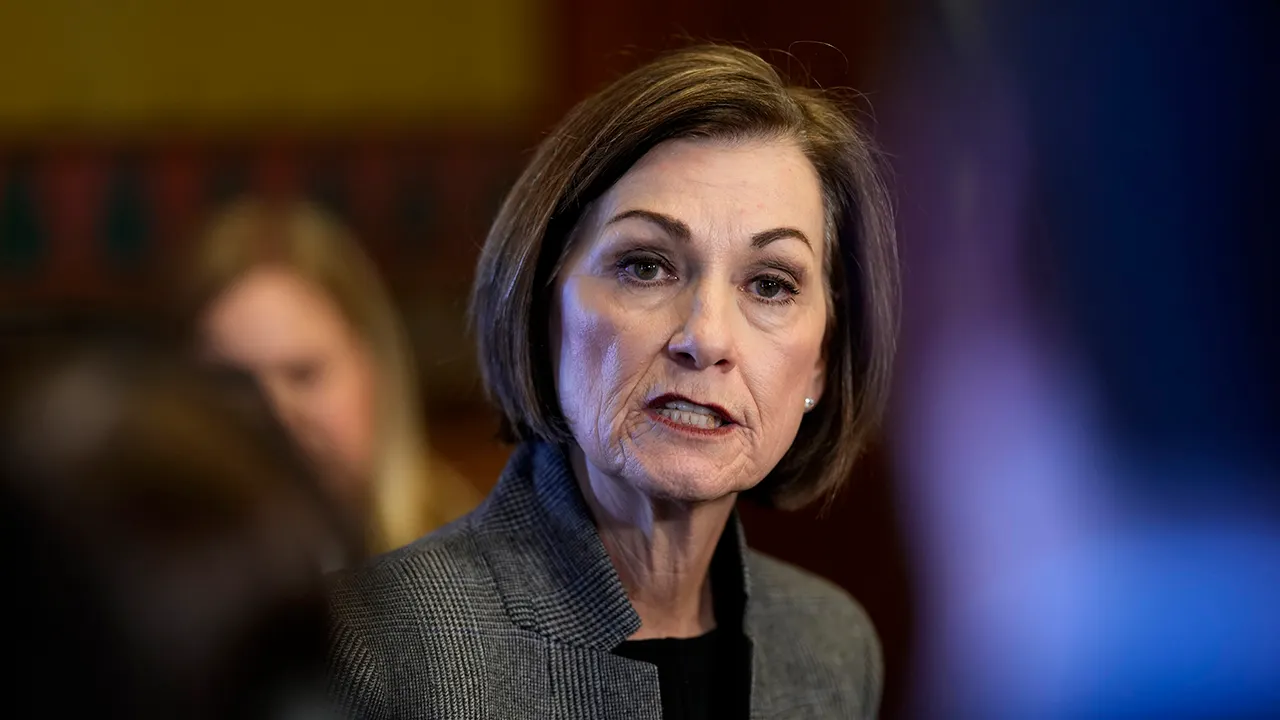Iowa governor signs bill involving transgender protections

Iowa Governor Kim Reynolds made headlines on Friday when she signed a bill that removes protections for transgender people from the state’s civil rights code. This move makes Iowa the first state to eliminate gender identity protection from its civil rights legislation. The decision to strip away these protections comes after President Donald Trump’s executive orders restricting sex change procedures and transgender individuals in the military, as well as state efforts to ban trans women from using women’s bathrooms and participating in women’s sports.
The bill signed by Governor Reynolds also redefines male and female based on a person’s reproductive organs at birth. Despite this change, Iowa’s civil rights code will still include protections for race, color, creed, sex, sexual orientation, religion, national origin, and disability status. In a video statement released on Friday, Governor Reynolds defended the bill, stating that it is a necessary step to safeguard the rights of women and girls. She argued that acknowledging the biological differences between men and women is essential for ensuring equal protection for girls in areas such as sports and facilities like bathrooms.
While Governor Reynolds emphasized that the bill brings Iowa in line with federal civil rights laws and most other states, critics argue that it will lead to discrimination against transgender individuals in various aspects of life. Democratic Iowa state Representative Aime Wichtendahl, a transgender woman, expressed concerns that the bill aims to erase and stigmatize the existence of transgender individuals. Protesters gathered at the state Capitol to denounce the bill, holding signs that read “Trans rights are human rights” and chanting slogans against hate.
President Trump expressed his support for the bill, urging Iowa to follow the lead of his executive order that recognizes only two genders. Despite opposition from Democrats and a handful of House Republicans, the bill was passed and is set to take effect on July 1. LGBTQ advocacy groups like One Iowa have vowed to explore legal options to challenge the new law and protect the rights of transgender individuals in the state.
In conclusion, the decision to remove protections for transgender people from Iowa’s civil rights code has sparked a heated debate on the rights and liberties of the LGBTQ community. While Governor Reynolds and supporters of the bill argue that it aligns with federal laws, opponents warn that it could lead to discrimination and marginalization of transgender individuals. The impact of this controversial legislation remains to be seen as the state prepares for the changes set to take effect in the coming months.




